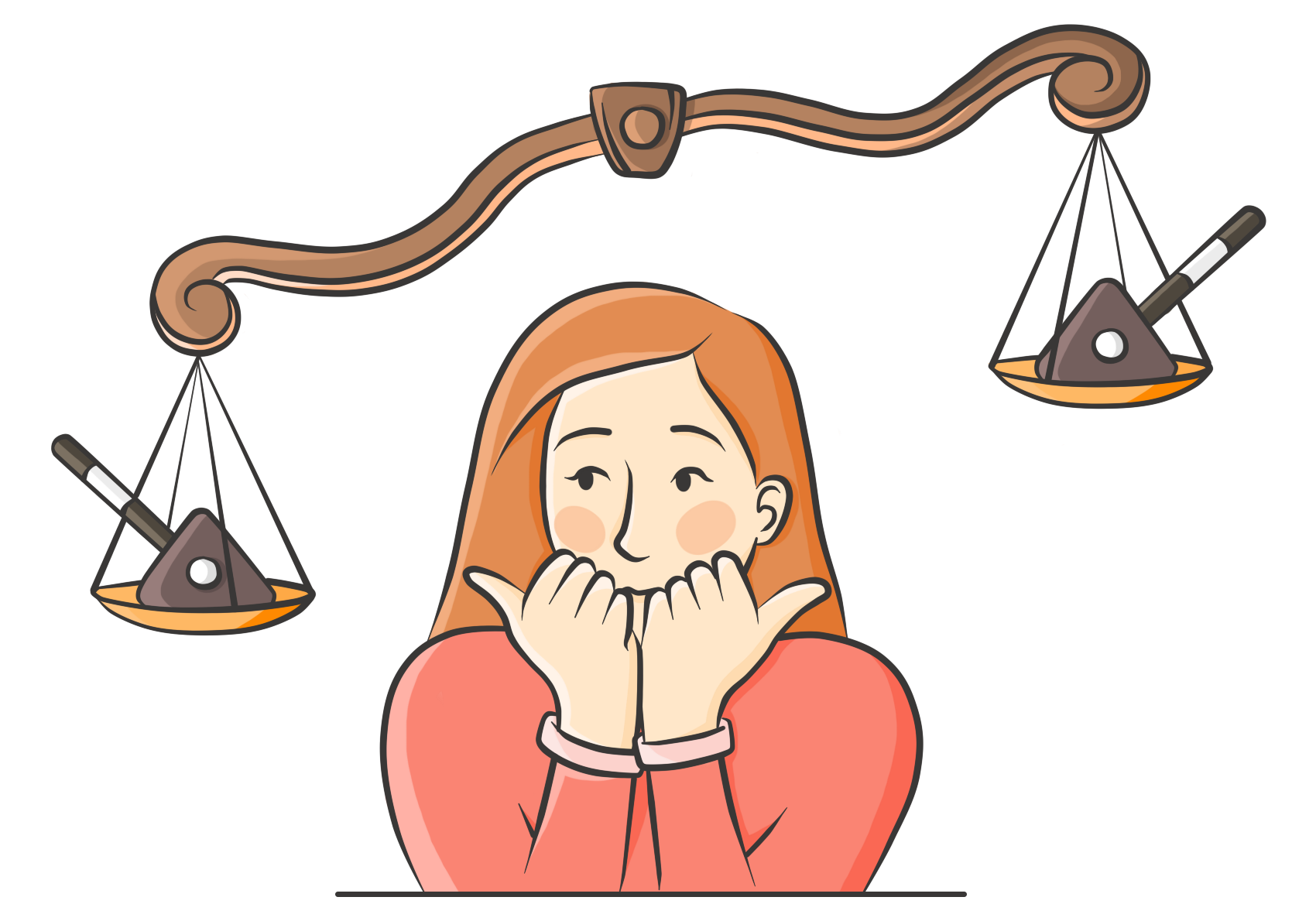
За время карантина для многих стало ощутимо сложнее заводить новые знакомства и выстраивать доверительные отношения, поэтому на этот раз мы подготовили разбор видео о том, как в период самоизоляции выстраивать общение с другими людьми. Прочитав статью, вы расширите словарный запас полезной лексикой, а также познакомитесь с наречиями частотности.
How to rebuild relationships after lockdown. — Как восстановить отношения после изоляции.
| Текст | Словосочетания |
|---|---|
| When the coronavirus pandemic forced much of the world into lockdown, it highlighted what social creatures we humans are. More than half of UK adults surveyed agreed that a reduction in social contact during lockdown made life harder. | (a) lockdown — режим изоляции, карантин to highlight — демонстрировать, подчеркивать a social creature — социальное существо to survey — опрашивать, проводить исследование a reduction in — уменьшение, сокращение |
| Social neuroscientist John Cacioppo argued that loneliness is an evolutionary signal telling us something is not right with your social environment, and that you need to do something about it, fast. | to argue — утверждать loneliness — одиночество social environment — социальная среда |
| Having really good relationships in your life is fundamental to your personal well-being. And being able to reach out to people who really care about you is so important. | fundamental to — совершенно необходимый well-being — здоровье и благополучие to reach out to — устанавливать контакт, тянуться to care about — быть неравнодушным, быть небезразличным |
| So why does maintaining friendships and relationships sometimes feel so hard? We can all strengthen the relationships we have in our lives as well as creating quality new ones. Here are some tips to help you connect better with those around you. | to maintain a friendship — поддерживать дружбу to feel hard — казаться трудным to strengthen a relationship — укреплять взаимоотношения as well as — так же, как и to connect with — налаживать взаимопонимание |
| The first one is listen. It’s all very well being interesting, but it’s equally important to be interested in what other people have got to say to you. | equally important — также важно |
| So really listening helps people to feel more valued. Active listening is a skill, one we can all practice and get better at. When you’re in a conversation, non-verbal signs such as eye contact, mirroring and nodding all help create a positive environment. Asking questions for clarification and paraphrasing and reflecting back what is said also shows that you’re really trying to understand what someone is saying. Being an active listener means that you recognize that the conversation is more about the other person than about you. | valued — ценный, ценимый active listening — активное слушание to get better at — становиться лучше a non-verbal sign — невербальный знак eye contact — зрительный контакт mirroring — отражение, копирование to nod — кивать clarification — уточнение to reflect back — анализировать to recognize — признавать, осознавать |
| Sometimes, you can feel lonely even though there are people around you. Making sure that the time you spend with other people is of good quality can help combat those feelings. Switch off the television, play some games, cook together and communicate, really talk to each other, and spend that time together. Whether we feel happy and connected with our loved ones may depend on the activities we do together. | to feel lonely — чувствовать себя одиноким even though — даже несмотря на to combat — бороться, противостоять to switch off the television — выключать телевизор whether — ли to feel connected with — чувствовать связь loved ones — родные и любимые to depend on — зависеть от |
| One study found that our happiness and feelings of closeness are more to do with different types of activities we do with friends and family members as opposed to the relationships themselves. | closeness — близость to be more to do with — быть больше связанным с as opposed to — нежели чем, в отличие от |
| One distraction that often gets in the way is your mobile phone. Very often, we can be in conversation with people, but we’re not absolutely present. So, putting the mobile technology away is a really good way to create that connection. | a distraction — то, что отвлекает внимание, помеха to get in the way — препятствовать, быть помехой to put away — откладывать в сторону to create connection — устанавливать/налаживать связь |
| Another skill that can help is talking openly. Author Susan Scott wrote, “Never be afraid of the conversations you’re having. Be afraid of the conversations you’re not having.” If there’s things that you feel frustrated about and you need to get off your chest, it’s a really good idea to talk about them rather than let them fester. Often, we might not want to talk because we are afraid we might upset the other person or damage our relationship with them, and sometimes, we just don’t know how to raise an issue skillfully. | to feel frustrated about — чувствовать разочарование to get off your chest — выговариваться, снимать камень с души rather than — вместо того, чтобы to fester — терзать, мучить, изводить to upset — расстраивать to damage a relationship — вредить взаимоотношениям, портить взаимоотношения to raise an issue skillfully — грамотно поднимать вопрос |
| So firstly, ask yourself, “What’s really bothering me?” You can bring it up in an open and respectful way. Phrases like “I have a concern” or “This is how I feel when...” Listen to the other person’s thoughts and genuinely try to understand where they are coming from. Asking “I am curious to understand why…” or “Why do you say this?” can really help with that. And don’t forget to tell people how much you care about them, how important they are to you, and how much you value them. It’s also important to bear in mind that you are never going to change anybody, but the only person that you can really change is yourself. So sometimes, rather than focusing on all the things that irritate you about somebody, it’s important to focus on their strengths. | to bother — тревожить, волновать to bring up — поднимать (тему, вопрос) a concern — беспокойство, опасение, переживание genuinely — искренне curious — любопытный to value — ценить to bear in mind — помнить, иметь в виду to irritate — раздражать a strength — сильная сторона |
| Another thing that can help you really connect with others is kindness. Studies have found that being kind to others is linked to increased feelings of happiness, well-being, and life satisfaction. It doesn’t need to be grand gestures. Sometimes, it can be the little things that really make a difference. Acknowledging somebody, giving them eye contact, smiling, opening a door, perhaps picking up some litter or making an environment more comfortable for somebody, or a compliment can really help to make a person’s day glow. | to be linked to — быть связанным increased — повышенный, усиленный life satisfaction — удовлетворение жизнью a grand gesture — широкий жест to make a difference — менять к лучшему to acknowledge — признавать to pick up litter — поднимать мусор to glow — сиять |
| There are many reasons why kindness may have this positive effect. It can boost our mood, and acts of kindness can help us feel more capable. There is also some evidence it can help us buffer the negative effects of stress. Kindness is thought to be one of the key ways that people create, maintain, and strengthen their social connections. | to boost mood — поднимать настроение capable — способный, эффективный evidence — доказательство, свидетельство to buffer the negative effects of — снижать негативное влияние social connections — социальные связи |
| You know, we’re living in a world where we’re more connected than we’ve ever been, but really positive connections aren’t just about people who like you on the internet. It’s about people who are going to be with you for the good times and for the bad times. Making great connections in your life is a little bit like building sturdy bridges because they can help to transport you safely through challenging times in your life. | on the internet — в интернете for the good times — в радости for the bad times — в горе, в трудные времена to make connections — заводить знакомства, выстраивать связи sturdy — прочный, крепкий to transport through — переносить сквозь, помогать преодолеть |
Минута грамматики: наречия частотности в предложениях
Наречия частотности указывают на то, с какой периодичностью или как часто что-то происходит. Перечислим наиболее распространенные наречия частотности в английском языке: always (всегда), usually (обычно), normally/generally (зачастую, чаще всего), often/frequently (часто), sometimes (иногда), occasionally (временами, время от времени), seldom (редко), ever (когда-либо), hardly ever / rarely (редко), never (никогда). Часто студенты не знают, как использовать наречия частотности в предложениях, поэтому мы разберем основные правила:
- Обычно наречия частотности употребляются в середине предложения перед основным глаголом.
One distraction that often gets in the way is your mobile phone. — Одна из вещей, которая часто препятствует (общению), это мобильный телефон.
- В грамматическом времени со вспомогательным глаголом или в конструкциях типа to be going to (собираться, намереваться) наречия частотности употребляются после вспомогательного глагола, но перед основным. В случае с несколькими вспомогательными глаголами наречие частотности нужно использовать сразу после первого.
It’s also important to bear in mind that you are never going to change anybody, but the only person that you can really change is yourself. — Важно помнить, что вы никогда никого не переделаете. Единственный человек, который может действительно измениться, — это вы сами.
You have rarely been offering your help recently. — Ты редко предлагаешь помощь в последнее время. - Если в предложении основной глагол — это to be, наречие частотности ставится после него.
He’s always so kind to me. — Он всегда так добр ко мне.
- Наречия частотности usually, normally, often, frequently, sometimes, occasionally могут употребляться в начале предложения. В таком случае они выделяются запятой на письме и интонацией в речи.
Very often, we can be in conversation with people, but we’re not absolutely present. — Очень часто, общаясь с людьми, мы не полностью вовлекаемся в разговор.
Также в начале высказывания вы можете встретить always и never, но только в повелительных предложениях.
Author Susan Scott wrote, “Never be afraid of the conversations you’re having. Be afraid of the conversations you’re not having.” — Автор Сюзан Скотт писала: «Никогда не бойтесь тем, на которые говорите. Бойтесь тех тем, которых вы избегаете.»
- Наречия частотности usually, normally, often, frequently, sometimes, occasionally можно употреблять в конце предложения, если говорящий хочет сделать акцент.
I do smoke sometimes. — Я и правда курю иногда.
Надеемся, что после просмотра видеоролика ваши взаимоотношения с другими людьми станут крепче самых устойчивых мостов, а ваш словарный запас пополнится полезными выражениями. Чтобы закрепить словосочетания из видео, пройдите тест, который мы для вас подготовили.







